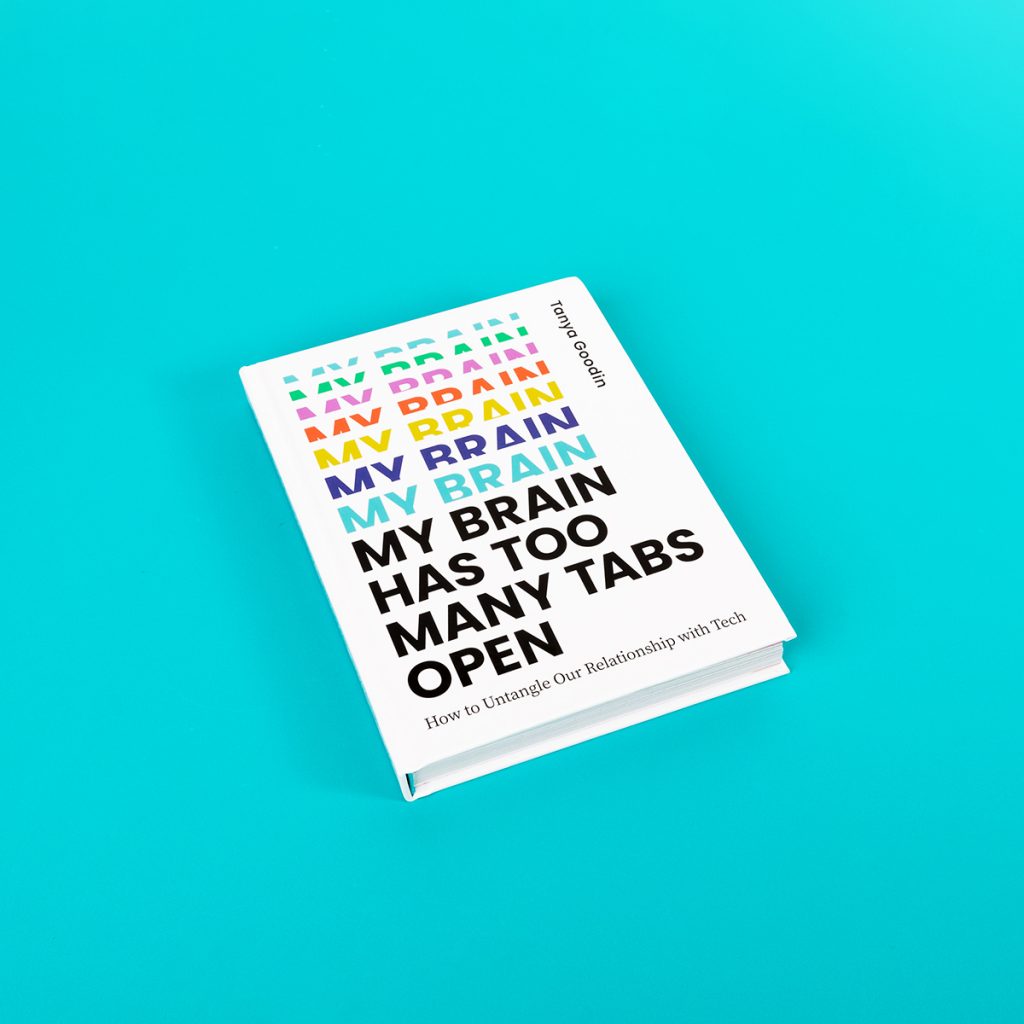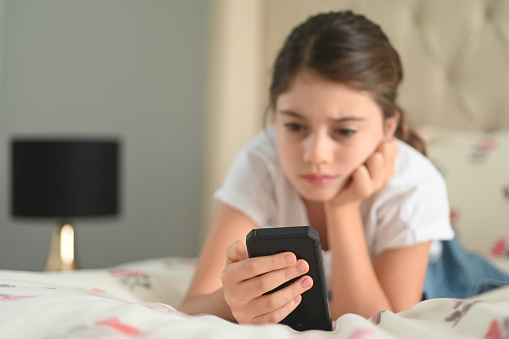
05 Oct Are You Guilty of Sharenting? How to Stop
‘Sharenting’- the phenomenon of over-sharing images and information about your children is a part of everyday life for most children and teenagers today with 81% of children having some form of online presence (through their parents) by the age of 2. In fact, by the age of five, most parents have shared upwards of 1500 images of their children online. With many parents and guardians viewing Facebook folders as the natural progression from family photo-albums this is causing tensions between families across the world.
What is sharenting?
Sharenting is the act of posting about children and minors under your care (either in a personal or professional capacity) without their knowledge/ consent. This can take the obvious form of posting potentially embarrassing images of your children naked in the bath (which 19% of American parents admit to having done) as well as a more nuanced version including using children’s email addresses to sign up to things, tracking your fertility and more. Many seemingly insignificant decisions can have a great impact on your child’s digital footprint so beware.
Why is it a problem?
The first and most obvious problem with sharenting is that by posting images and information about your children online without their consent (either if they are too young or it is done without their knowledge) robs them of the autonomy and agency to decide if they wish to have a digital presence. As adults we are capable of making the decision to bargain for services offered online in exchange surrendering data about ourselves but our children cannot. Plunket, author of a book on this very subject, argues that as we learn more about the our cost this can have on our privacy and data, we should be supporting children to maintain analogue lives and avoid the ‘digital dossier’ which may stretch back in their cases to pre-birth?
Not only that but it denies them any control over the perception of themselves presented to the world which may go on to impact career aspirations, friendships and more.
Aside from the consent issues raised by a refusal of many parents to respect the autonomy and wishes of their children there are real security threats to children arising from their parents overuse of social media. For example, studies estimate that by 2030 over 60% of identity fraud will have originated from sharenting.
How to stop
First off we would recommend you delete any images of your children from your social media. Carry out a purge and commit to not posting in the future. If this seems too extreme a reaction you can always find ways to work around these restrictions without compromising the privacy of your children.
Many content creators online do not feel comfortable posting about their children due to their increased exposure to the online world and advanced understanding of the impact this can have. Melanie Murphy for example only posts images of her child with his face turned away from the camera and has not publicly announced his name which could be an option to take.
The most important part of your decision making should be educating yourself and your children about the impact sharenting can have and then giving them the choice (once they are old enough) for things to be posted. For example, you could give them veto power over any posts concerning them, or agree to increase your privacy settings, whatever makes you both feel more comfortable.

If you want to learn more about ‘sharenting’ and the many other ways in which our digital habits are changing our lives – and how to fix them – you can read more in Tanya Goodin’s new book: ‘My Brain Has Too Many Tabs Open’.







Sorry, the comment form is closed at this time.